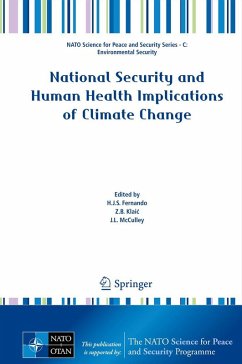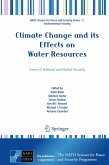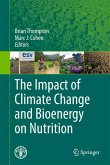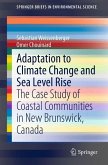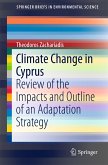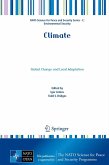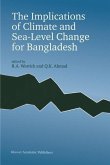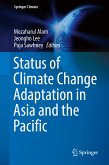Climate change has been identified as one of the greatest threats to humanity of all times. In addition to producing adverse environmental conditions such as rising sea level, drought, crop failure, vector-borne diseases, extreme events, degradation of water/air quality and heat waves, climate change is also considered a threat multiplier that leads to local and international conflicts and armed interventions. Urban areas may bear the brunt of climate change, as they are the centers of human habitation, anthropogenic stressors and environmental degradation, and the ensuing health impacts are of grave societal concern. The papers in this volume span a suite of climate change repercussions, paying particular attention to national security and human health aspects. It is an outcome of a NATO Advanced Research Workshop held during April 28-30, 2011 in Dubrovnik, Croatia, sponsored by the NATO Science for Peace and Security Program. The contributions cut across the elements of modeling, natural, political and social sciences, engineering, politics, military intervention, urban planning, industrial activities, epidemiology and healthcare.
Dieser Download kann aus rechtlichen Gründen nur mit Rechnungsadresse in A, B, BG, CY, CZ, D, DK, EW, E, FIN, F, GR, HR, H, IRL, I, LT, L, LR, M, NL, PL, P, R, S, SLO, SK ausgeliefert werden.

